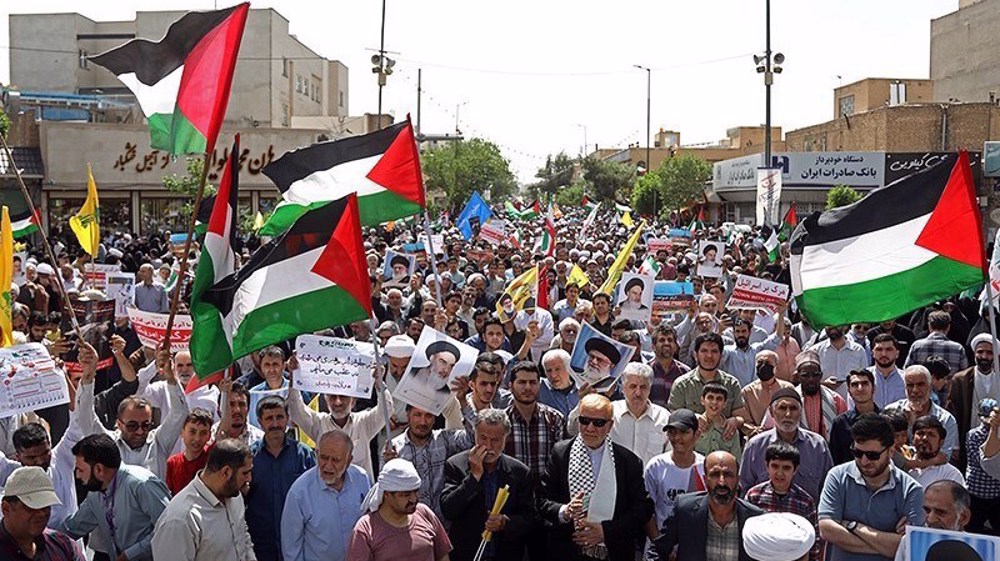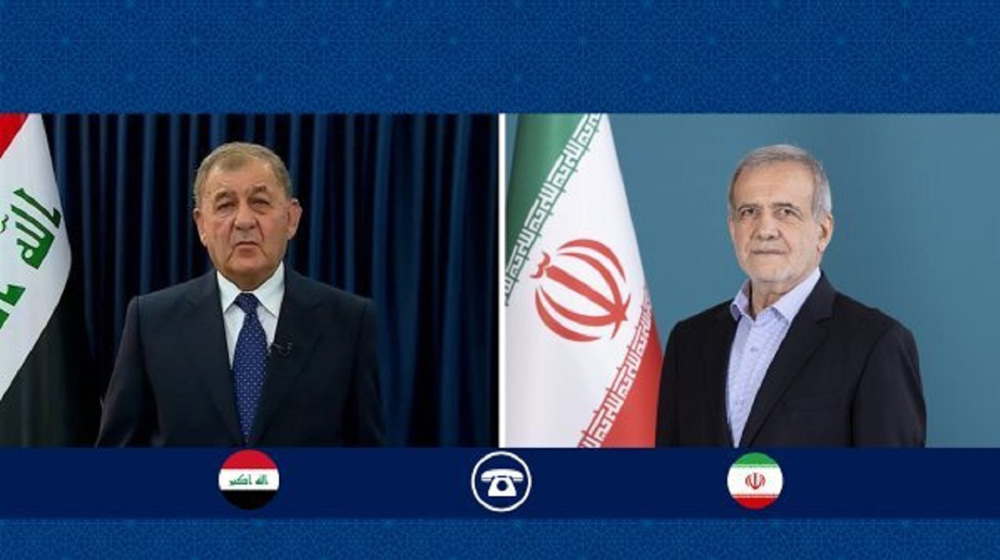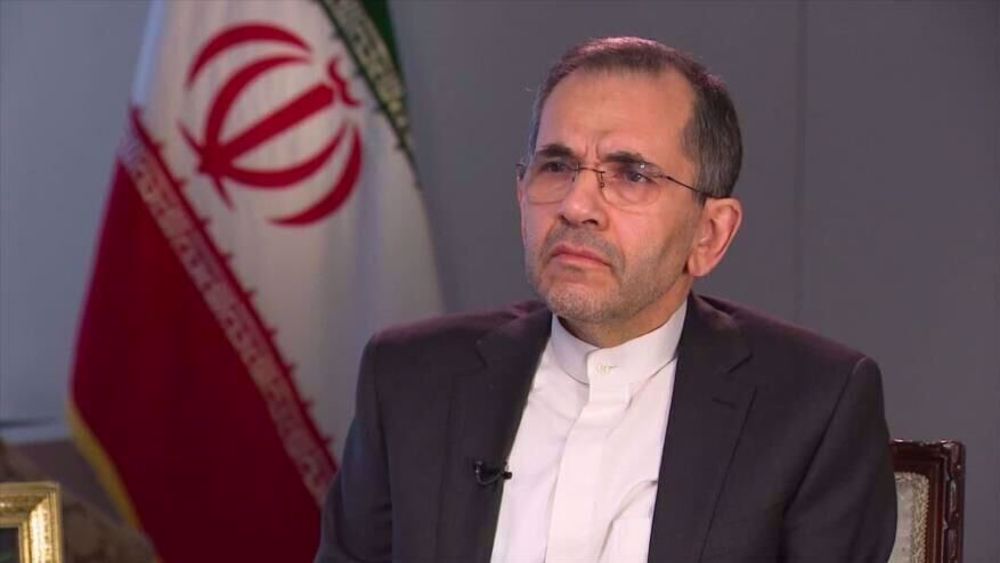Iran rejects Saudi-led coalition claims, asks Riyadh to wake up to realities on the ground
The Iranian Foreign Ministry spokesman has rejected recent anti-Iran claims by the Saudi-led coalition waging a war on Yemen, saying the military alliance cannot make up for its failures through playing a blame game and pointing the finger at others.
Referring to the claims made by “the coalition of aggressors” in Yemen as “hallucination and fantasizing,” Abbas Mousavi called on Saudi Arabia and it’s allies “to pay attention to the realities on the ground, including the resistance of the Yemeni people against acts of aggression and the international community's abhorrence towards Saudi Arabia.”
“They should know that wordplay, pursuing a blame game and leveling accusations against others will not compensate for their military and political failures,” he added.
The remarks on Wednesday came in response to the recent statements of the Saudi-led coalition spokesman about Iran’s military presence in Yemen and involvement in a recent attack by the Yemeni army towards the Saudi capital Riyadh, which were both rejected outright by the Iranian Foreign Ministry.
Mousavi said Saudi Arabia, under the illusion that it would be the victor in a few weeks, launched a military aggression against Yemen, and now, five years later, it is still struggling with this miscalculation.
“However, the only result of these aggressive actions has been nothing but destruction and killing of the Yemeni people,” he added.
Mousavi reminded the Saudi-led forces about the UN secretary general's proposal for a ceasefire to help fight coronavirus in Yemen and its acceptance by Yemen’s National Salvation Government, and urged the aggressors to commit to the Stockholm agreement and put an end to their atrocities and the devastating war in the impoverished Arab country.
The Stockholm Agreement is an accord between the parties of the conflict in Yemen, which was agreed in Stockholm, Sweden, on December 13, 2018 and was endorsed by UN Security Council Resolution 2415 later that month.
The UN-brokered Stockholm Agreement envisages three main components: a ceasefire along the Hudaydah front and the redeployment of armed forces out of the city and its port; an agreement on prisoner exchange; and a statement of understanding on the southern Yemeni city of Ta’iz.
Saudi Arabia and a number of its regional allies launched a devastating campaign against Yemen in March 2015, with the goal of bringing the government of former president, Abd Rabbuh Mansur Hadi, back to power and crushing Ansarullah.
Iran has time and again expressed its support for Yemeni-Yemeni peace negotiations as well as the full implementation of the Stockholm Agreement, while rejecting accusations from Saudi Arabia that it is giving financial and military support to the Houthis in the struggle for Yemen.
Five years after the launch of the military aggression, the Saudi-led coalition has been bogged down in the war, which it had wished to end in a matter of “months.”
In a recent act of retaliation against the Saudi war, the Yemeni army last week staged drone and missile attacks over Riyadh and another Saudi city.
Saudi state media reported that at least one ballistic missile and a rocket had been intercepted over Riyadh and the southwestern city of Jazan. However, a spokesperson for Saudi Arabia’s civil defense said two people were wounded in the strikes. The contradictory accounts were not explained by Saudi authorities.
The Saudi war has killed tens of thousands of Yemenis and brought the entire nation to the edge of famine.

Iranians rally nationwide in support of Gaza, blast international silence

Pezeshkian says relations with Iraq ‘priority’, hails proximity of two nations

Reaching agreement ‘possible’ if US ends intimidation, threats: Iran’s deputy FM
Iran and US begin indirect talks in Oman
Iraq hopes indirect Iran-US talks lead to regional stability
US rights advocates file lawsuit to halt Trump’s sanctions on ICC prosecutor
Israel waging psychological sabotage campaign against Oman talks: Report
EU youth mental health crisis
VIDEO | New York students protest student deportations
VIDEO | Press TV's News Headlines
VIDEO | Clashes in Amsterdam amid pro-Palestine protest against corporations' ties with Israel









 This makes it easy to access the Press TV website
This makes it easy to access the Press TV website